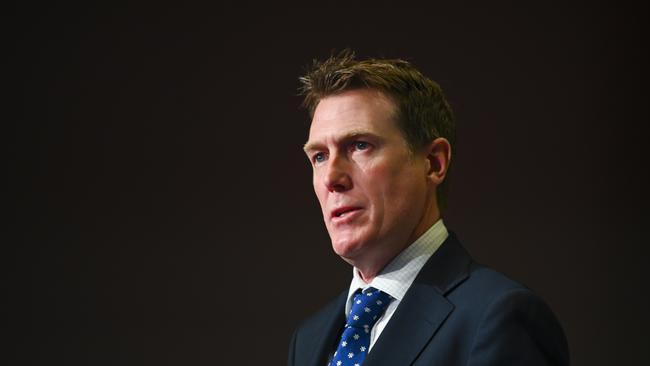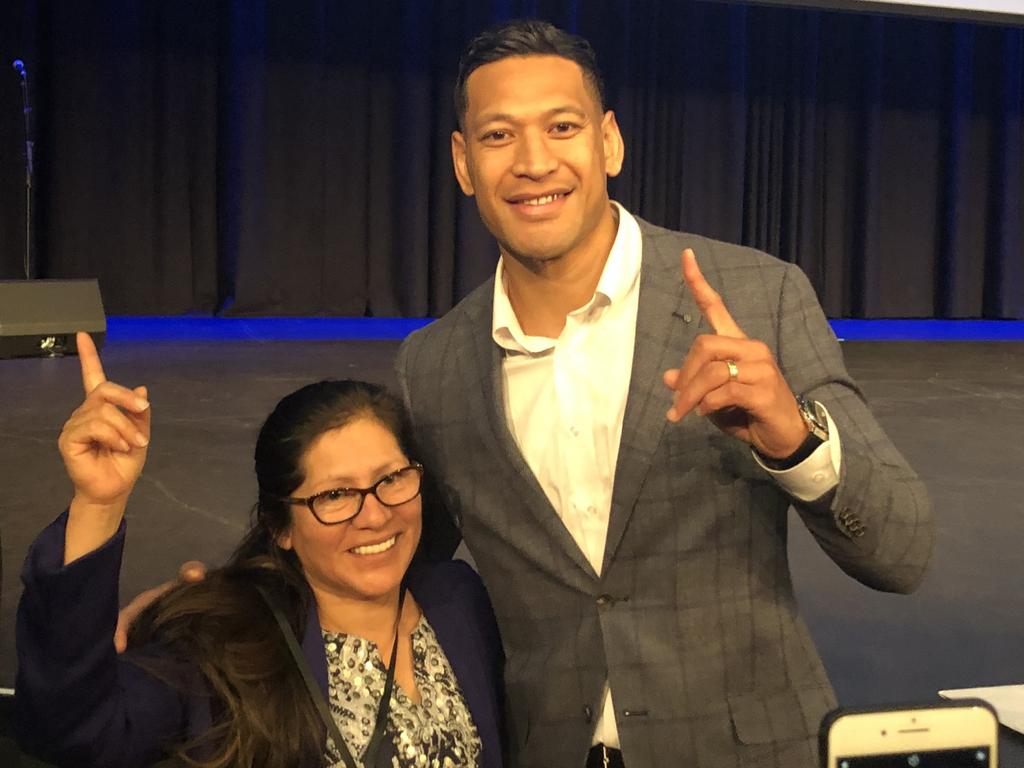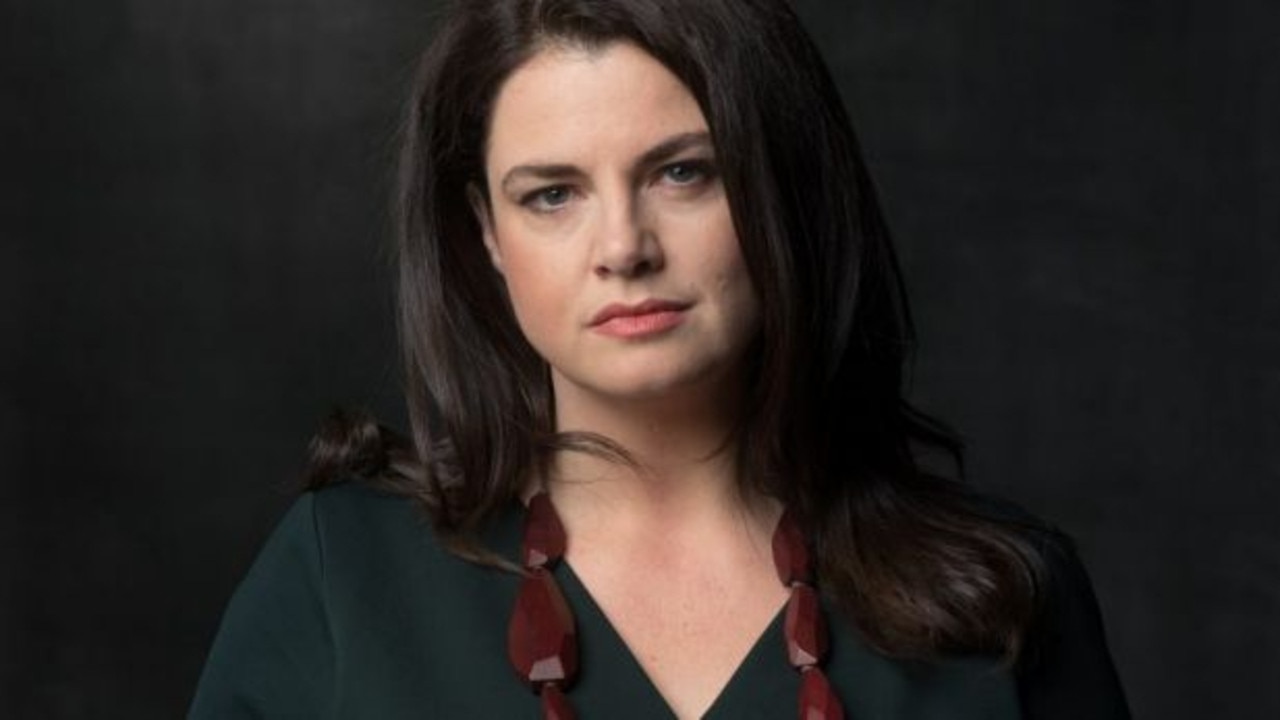Bosses going too far by gagging employees: Attorney-General
Attorney-General stands by ‘Folau clause’ in government’s draft religious discrimination bill.

Attorney-General Christian Porter has rejected a key concern from big business over the Morrison government’s draft religious discrimination bill, declaring they had gone “a little bit too far” in telling employees what they can and can’t say outside work hours.
The business sector has lashed the so-called Folau clause in the draft bill, which prevents companies with annual turnovers of at least $50 million from sacking employees for sharing controversial religious views outside work unless they can prove it was necessary to avoid undesirable financial hardship.
The Australian Industry Group has previously said the provision was “unfair and unworkable” and would create significant confusion about which categories of out-of-hours conduct employers can legitimately address in order to manage their business.
As Mr Porter attempts to come up with a final bill that balances the needs and concerns of faith groups, the business sector and the LGBTI community, he said he found the business complaints “less persuasive” than other issues that had arisen in the consultation process.
“Most Australians perhaps think that businesses have gone, large businesses in particular, a little bit too far in telling them how to live their lives and what they can and can’t say in their spare time as part of their employment contract — and particularly for people who would otherwise be prevented from making what aren’t much more than statements of scripture or doctrine or belief on Facebook,” Mr Porter said.
“We think that if a big business thinks that’s absolutely necessary to protect their finances then they should be able to show that before they’re able to do that.”
Mr Porter flagged amendments to the draft bill that could ensure religious hospitals and aged care facilities were protected for acting in accordance with their faith.
Under clause 10 of the draft laws, religious bodies “may act in accordance with their faith” and do not discriminate against a person if their conduct may reasonably be regarded as being in accordance with their doctrines, tenets, beliefs or teachings.
A religious body that “engages solely or primarily in commercial activities”, such as a hospital or aged care home, is excluded, which has been a chief concern of religious groups.
“In our draft, it did not include hospitals and age care at first instance, because we wanted to learn more about how those organisations actually operate, and we have learnt a great deal during the consultations that I’ve conducted,” Mr Porter told the ABC’s Insiders program.
“There are going to have to be some refinements of the drafting in that area. But those exemptions can’t extend too far, clearly.”
In its submission on the draft bill, Ai Group said businesses needed to be able to impose reasonable requirements on employees with regard to social media and regular media activity to prevent their reputations, brands and other legitimate commercial interests being damaged.
“Businesses do not impose these requirements lightly. It is often in response to past circumstances where an employee’s conduct has created serious detriment to the business in some way,” its submission states.




